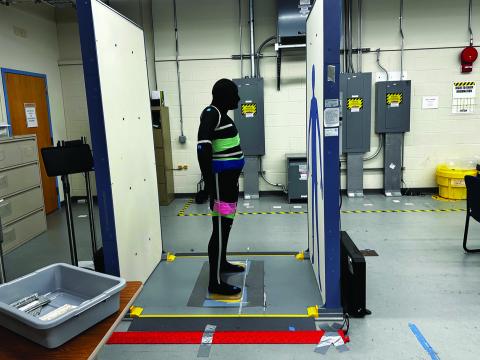National Fusion Centers Play Critical Role in Homeland Security
The National Network of Fusion Centers, developed in the aftermath of the September 11, 2001, attacks, are a vital part of the nation’s homeland security efforts, according to experts on the Intelligence and Information Sharing Panel at AFCEA’s Homeland Security Conference in Washington, D.C.
The fusion centers serve as the primary focal point for the receipt, gathering and sharing of threat-related information among federal, state, local, tribal and territorial partners. Although largely funded through federal homeland security grants, the centers are owned and operated by local entities.
Panelists described an environment where the need for fusion centers was identified and building began with little guidance. “We have seen tremendous progress made,” said Christian Beckner, former staff member on the Senate Homeland Security Committee. “Now, we have a broad national network playing a critical role in making the country safer.”
Scott McAllister, deputy undersecretary of intelligence and analysis for State and Local Program Office, Department of Homeland Security, pointed out that prior to the 9/11 attacks, local had no role in combating terrorism. Now, however, several thousand security clearances are issued at the local level.
Beckner explained that the fusion centers sometimes pass information up the chain to federal agencies, so information is being shared in both directions. Additionally, local and state experts can analyze and process information from a different point of view than federal employees, helping to fill intelligence gaps.
Still, the centers face some challenges, including a constrained budget environment, privacy concerns, criticisms that the number of centers should be decreased and a general misunderstanding about what purpose the centers served. “Prevention is one of the hardest things to measure. When we look across the country, how many attacks could have happened that didn’t? When you do your job, nothing happens. If nothing happens, no one pays attention," said Michael Sena, president of the National Fusion Center Association.
To prove his point, he asked the audience how many were aware of an incident a week and half ago with an attempt to blow up a Bank of America. One audience member raised a hand.




Comments